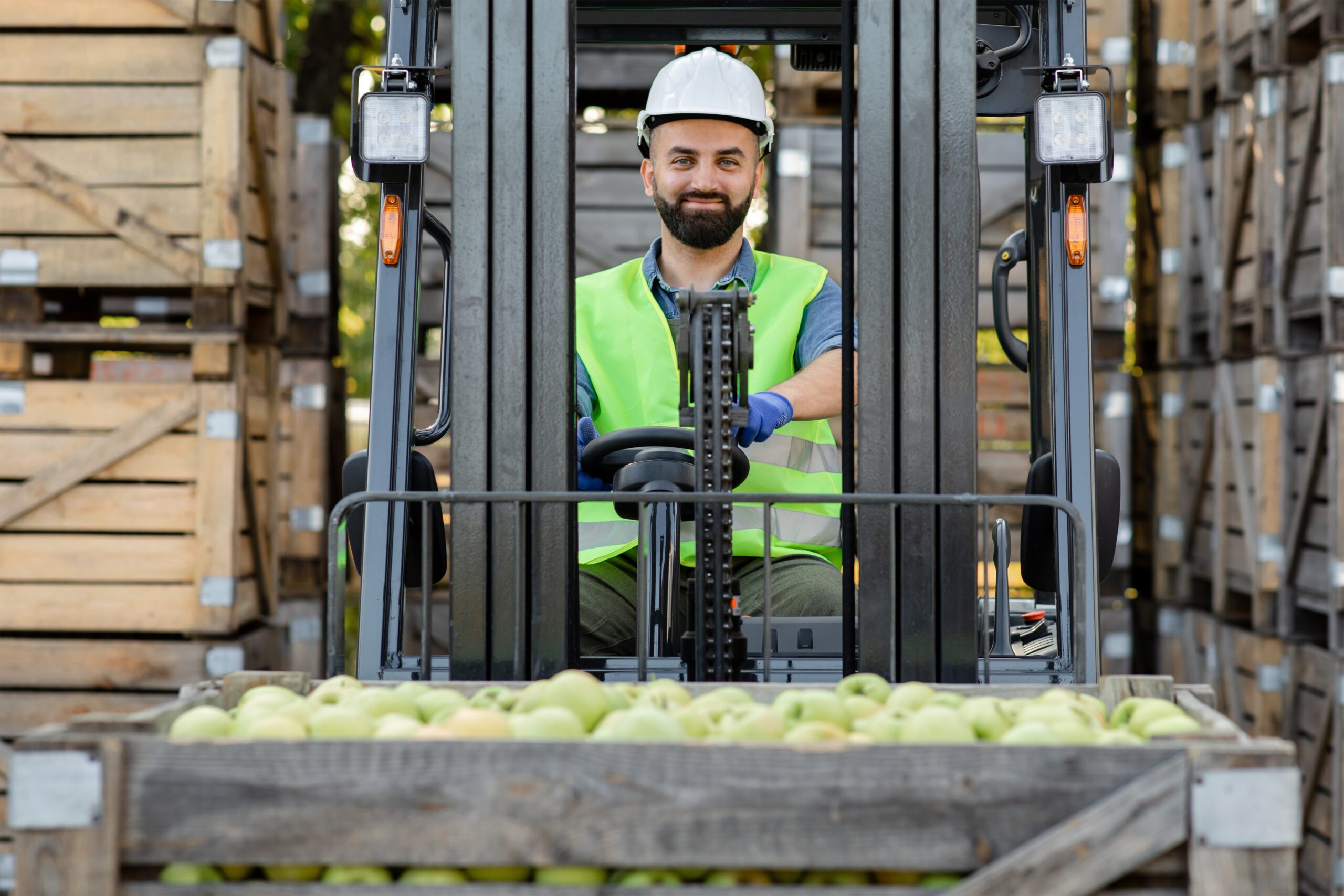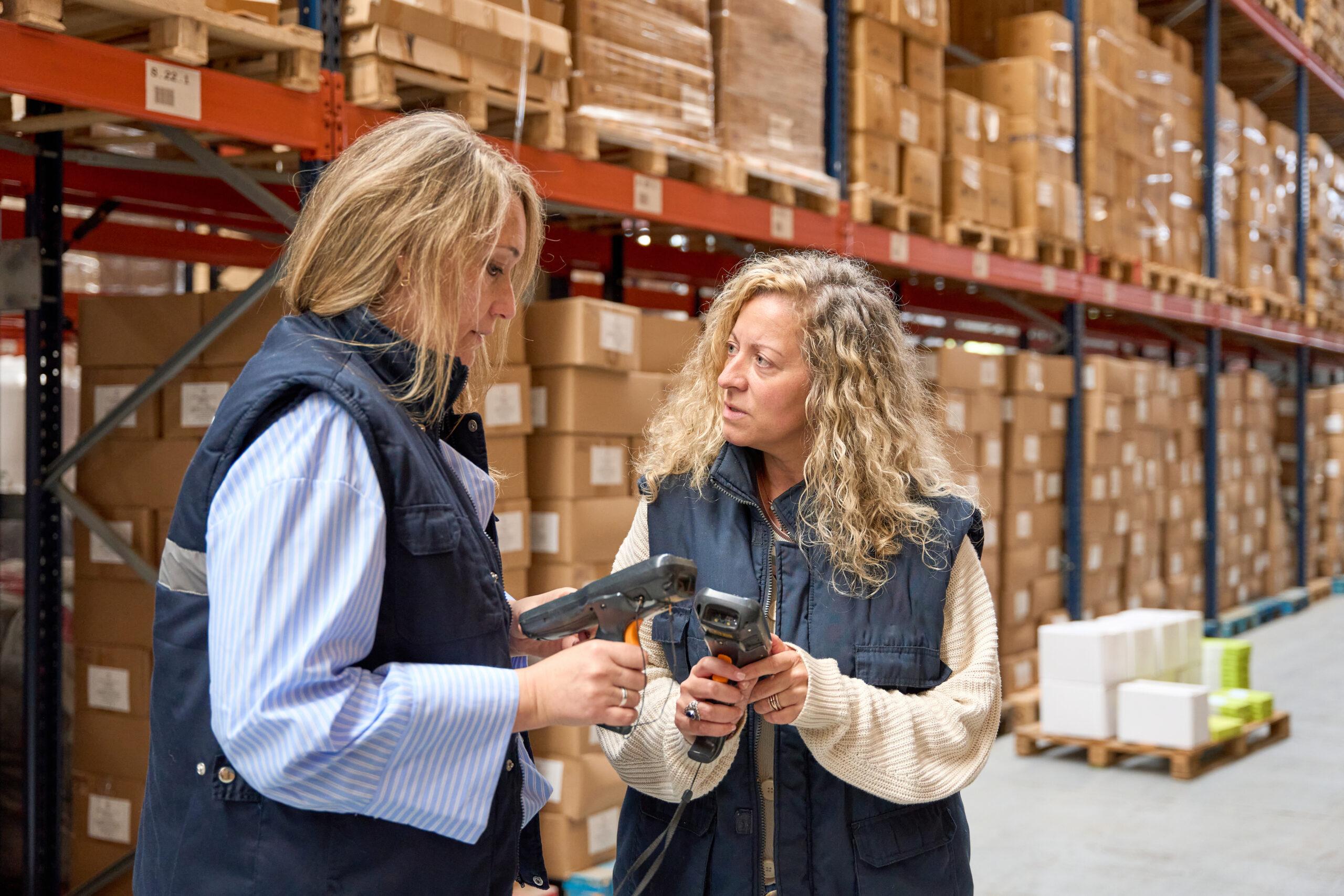Sustainability is no longer a buzzword but a critical business imperative. The food industry, one of the largest sectors globally, is under increasing pressure to adopt sustainable practices. From sourcing raw materials to manufacturing processes and distribution, every step of the food supply chain must align with the principles of sustainability. The impact of food production on the environment, society, and economies is profound, and companies in the food and beverage sector are recognizing the importance of integrating sustainability into their operations.
At Namso Foods, sustainability is at the core of our business model. We understand that our actions today will determine the future of the food industry, and we are committed to making choices that benefit the environment, society, and future generations.
The Importance of Sustainability in the Food Industry
The food industry is responsible for a significant portion of global carbon emissions, deforestation, water usage, and waste generation. As the global population grows, the demand for food continues to increase, which puts pressure on resources. Unsustainable agricultural practices, food waste, and excessive energy consumption can exacerbate environmental issues, such as climate change and biodiversity loss.
In response to these challenges, sustainability is now a priority for both consumers and businesses. The growing awareness about the environmental and social impact of food production has led to a shift in how companies approach sourcing, production, and distribution. Consumers are demanding more transparency about where their food comes from, how it’s produced, and the ethical implications of the supply chain.
Sustainability in the food industry encompasses environmental, economic, and social dimensions. It includes practices such as reducing waste, conserving natural resources, promoting fair labor practices, and ensuring that food production systems are resilient to future challenges.
How Namso Foods Embraces Sustainability
At Namso Foods, we are dedicated to integrating sustainability into every aspect of our business. Our commitment to sustainability is not just about reducing our environmental footprint; it’s about creating long-term value for all stakeholders. Here’s how we incorporate sustainability into our operations:
- Sustainable Sourcing
We work closely with suppliers to ensure that the raw materials we source are grown and harvested responsibly. Our focus is on sourcing ingredients that are certified organic, non-GMO, and produced with minimal impact on the environment. We prioritize suppliers who share our values and meet our sustainability criteria, ensuring that we support practices that promote biodiversity and soil health. - Energy Efficiency in Manufacturing
Our manufacturing processes are designed to minimize energy consumption. We utilize energy-efficient machinery, optimize production schedules to reduce waste, and invest in renewable energy sources such as solar power. By reducing our carbon footprint during production, we can offer products that are not only of the highest quality but also environmentally friendly. - Waste Reduction and Circular Economy
Reducing waste is central to our sustainability efforts. At Namso Foods, we strive to minimize waste throughout the entire production process, from sourcing to packaging. We implement recycling programs in our facilities and encourage the use of eco-friendly materials for packaging. Additionally, we explore ways to repurpose by-products and food waste, contributing to a circular economy. By diverting waste from landfills, we help reduce the environmental impact of our operations. - Sustainable Packaging Solutions
Packaging plays a significant role in the sustainability of the food industry. Traditional packaging materials, such as plastic, contribute to pollution and landfill waste. At Namso Foods, we are committed to using sustainable, biodegradable, and recyclable packaging options. We collaborate with suppliers to ensure that our packaging materials are both functional and eco-friendly, reducing our environmental impact. - Water Conservation
Water is an essential resource in food production, but it is also a limited resource. We recognize the importance of using water responsibly and efficiently. We implement water-saving technologies in our manufacturing processes and prioritize the use of rainwater harvesting and water recycling systems. By minimizing water waste, we contribute to the preservation of this precious resource.
The Role of Technology in Promoting Sustainability
Technology plays a crucial role in advancing sustainability in the food industry. At Namso Foods, we leverage innovative technologies to streamline operations, reduce waste, and improve the sustainability of our supply chain. Some of the ways technology is helping us promote sustainability include:
- AI-Driven Resource Management
Artificial intelligence (AI) helps us optimize resource management, including energy, water, and raw materials. AI algorithms analyze production data to identify areas where resources can be used more efficiently. By predicting demand patterns, AI helps us avoid overproduction, reducing waste and conserving resources. - Blockchain for Transparency
Blockchain technology offers a transparent and immutable record of every step in the food supply chain. By integrating blockchain into our operations, we can trace the origin of our ingredients, verify the sustainability practices of our suppliers, and ensure that our products meet the highest ethical standards. This level of transparency gives consumers confidence that the food they purchase aligns with their values. - Sustainable Logistics with IoT
The Internet of Things (IoT) allows us to monitor and optimize logistics in real time. By using IoT sensors, we can track the temperature and humidity of perishable products during transit, ensuring that they are transported under optimal conditions. IoT also helps us optimize delivery routes, reducing fuel consumption and emissions associated with transportation. - Smart Agriculture Practices
To promote sustainability in food sourcing, we support the adoption of smart agriculture technologies. Precision farming, which uses sensors, drones, and data analytics, helps farmers reduce pesticide use, conserve water, and increase crop yields. By partnering with farmers who use these technologies, we ensure that the food we source is grown in an environmentally sustainable way.
The Consumer’s Role in Promoting Sustainability
While companies play a significant role in driving sustainability, consumers also have the power to influence the food industry’s sustainability practices. By making informed choices and supporting brands that prioritize sustainability, consumers can drive demand for more ethical and eco-friendly products.
At Namso Foods, we believe in empowering consumers with knowledge about the impact of their food choices. We provide transparency about our sourcing, production, and packaging practices, so consumers can make decisions that align with their values. By choosing sustainably sourced, energy-efficient, and eco-friendly products, consumers can contribute to a more sustainable food industry.
The Future of Sustainability in the Food Industry
The future of sustainability in the food industry is bright, but there’s still much work to be done. As technology continues to evolve, new opportunities will emerge to further reduce the environmental impact of food production and distribution. The focus will continue to shift towards circular economy models, where waste is minimized, and resources are used efficiently.
Additionally, as consumer demand for sustainable products grows, more companies will be compelled to integrate sustainable practices into their operations. This collective effort will drive a paradigm shift in the food industry, with sustainability becoming the standard rather than the exception.
At Namso Foods, we are committed to leading the way in promoting sustainability within the food sector. Our ongoing efforts to reduce our carbon footprint, minimize waste, and source responsibly will continue to guide our business practices. We are excited about the future of sustainability in the food industry and are proud to be part of the solution.
Conclusion
Sustainability is not a passing trend but a necessary transformation in the food industry. At Namso Foods, we are deeply committed to making a positive impact on the environment and society by adopting sustainable practices across every aspect of our business. From sourcing and manufacturing to packaging and logistics, we are continuously working towards a more sustainable and responsible future.
By embracing sustainability, we are not only helping to preserve the planet for future generations but also ensuring the long-term success of our business. As the food industry continues to evolve, we will remain at the forefront of sustainability efforts, creating innovative solutions that meet the needs of our customers and contribute to a healthier, more sustainable world.



